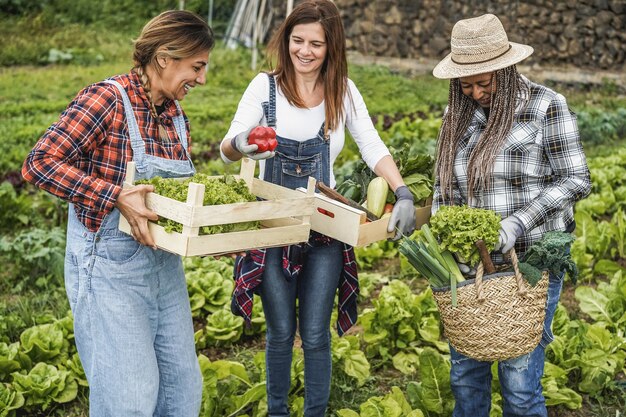As the demand for healthy, sustainable, and chemical-free produce grows, organic farming is becoming a popular choice for South African farmers. Organic farming not only helps preserve the environment but also ensures the production of healthier crops and livestock. Here are ten practical tips to help South African farmers succeed in organic farming:
1. Build Healthy Soil
Healthy soil is the foundation of organic farming. Use natural fertilizers like compost, manure, and organic matter to enrich the soil. Practicing crop rotation and planting cover crops can further improve soil fertility and prevent erosion.
2. Choose the Right Crops
Select crops that are well-suited to your region’s climate and soil. Indigenous crops or drought-resistant varieties are excellent choices for many parts of South Africa. This ensures better yields with fewer inputs.
3. Practice Integrated Pest Management (IPM)
Control pests without relying on synthetic pesticides. Use natural methods such as introducing beneficial insects, crop rotation, companion planting, and natural repellents like neem oil.
4. Adopt Water-Saving Techniques
South Africa is a water-scarce country, making efficient water use essential. Utilize drip irrigation, rainwater harvesting, and mulching to reduce water loss and maintain soil moisture.
5. Diversify Your Farm
Plant a variety of crops and raise multiple livestock types to reduce risk and improve biodiversity. Diversification helps create a balanced ecosystem and minimizes dependency on a single income source.
6. Practice Crop Rotation
Avoid planting the same crop in the same place every season. Crop rotation prevents nutrient depletion, reduces the spread of pests and diseases, and improves soil structure.
7. Use Organic Seeds and Inputs
Ensure all seeds and inputs are certified organic. Avoid genetically modified organisms (GMOs) and synthetic additives. Organic certification can help build trust with your customers and open premium markets.
8. Compost Effectively
Turn organic waste into rich compost to feed your soil and reduce landfill waste. A balanced mix of green (nitrogen-rich) and brown (carbon-rich) materials, along with proper aeration and moisture, will result in high-quality compost.
9. Monitor and Adapt
Regularly monitor soil health, pest activity, and crop performance. Use this data to make informed decisions and adapt your practices as needed. Sustainable farming requires continuous learning and adjustment.
10. Engage Your Community
Collaborate with other farmers, join cooperatives, and participate in farmers’ markets. Sharing knowledge and resources can reduce costs and improve access to organic farming tools and markets.
Benefits of Organic Farming
By adopting these practices, South African farmers can contribute to healthier ecosystems, better livelihoods, and improved food security. Consumers are increasingly willing to pay a premium for organic produce, offering a profitable niche for committed farmers.
Organic farming is not just a farming method; it’s a lifestyle and commitment to sustainability. By following these tips, South African farmers can successfully transition to organic farming and contribute to a healthier, greener future.
Join 'Farmers Mag' WhatsApp Channel
Get the latest Farming news and tips delivered straight to your WhatsApp
CLICK HERE TO JOIN






